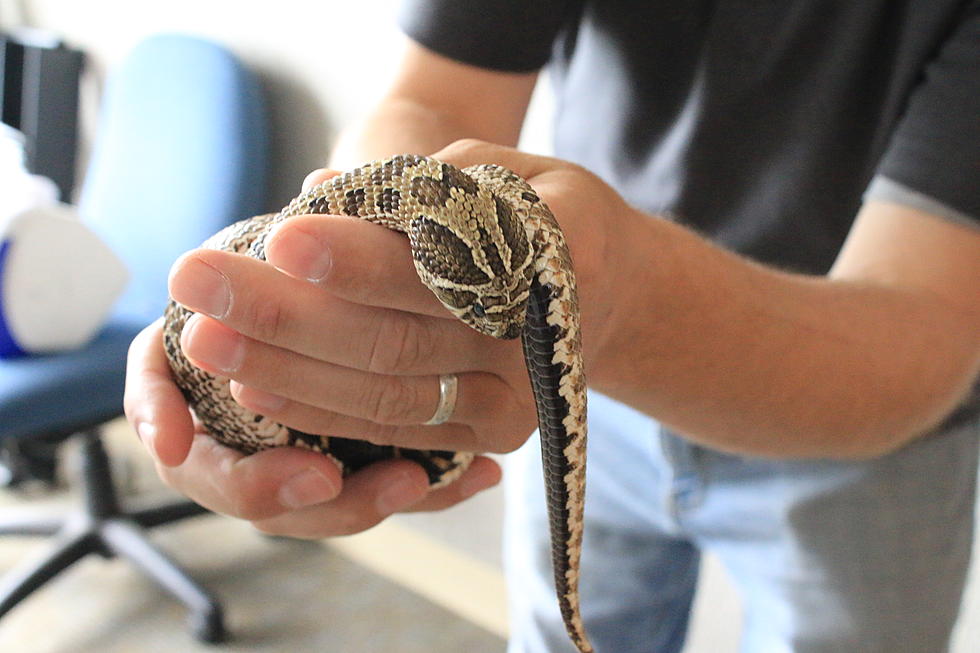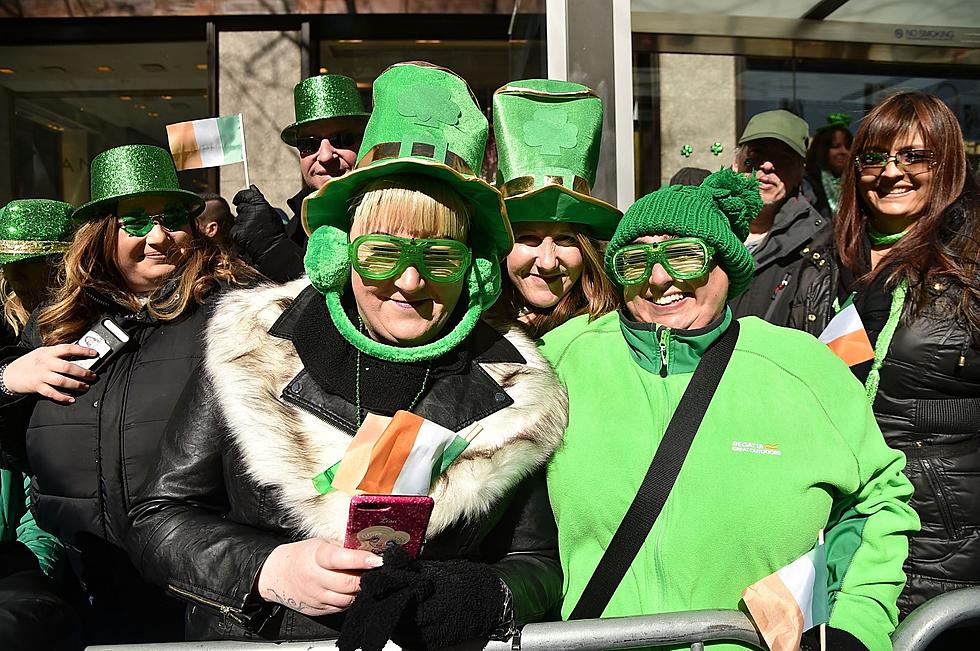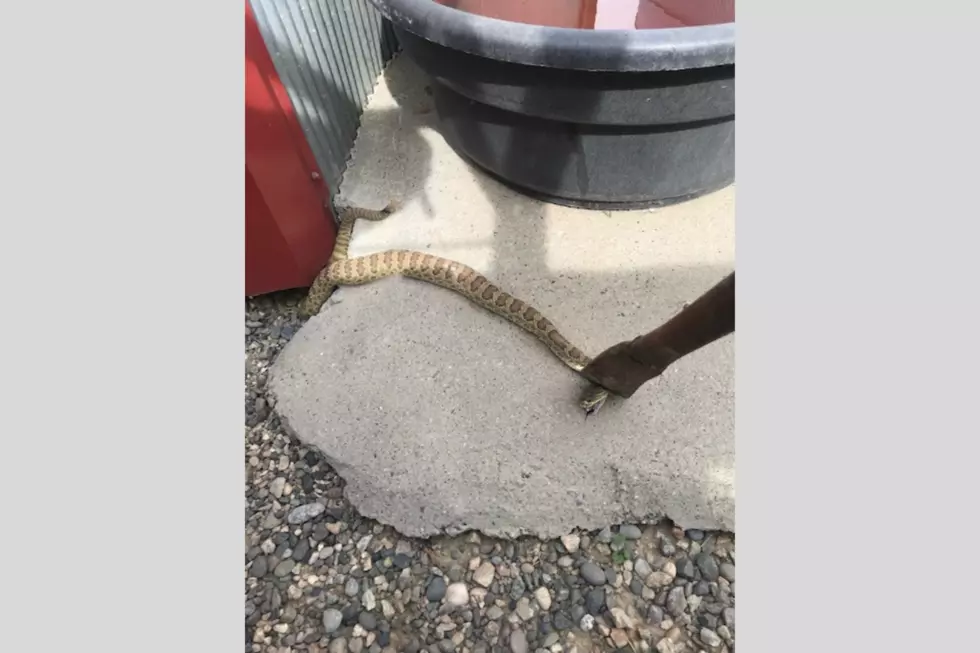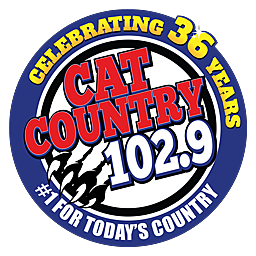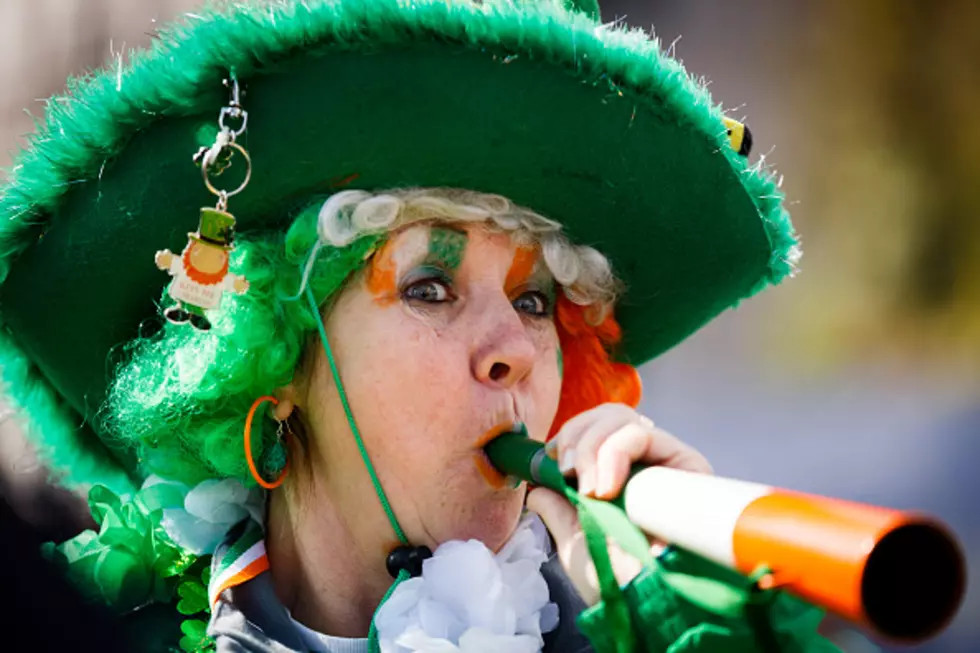
Billings Why Do You Celebrate St. Patrick’s Day?
Being half Irish I will admit I celebrate St. Patrick's Day every year like many others. Have you ever really wondered how March 17th became St. Patty's Day and a day to celebrate the Irish?
Here a few things you may not know.
Saint Patrick's Day, or the Feast of Saint Patrick (The Day of the Festival of Patrick"), is a cultural and religious celebration held on 17 March, the traditional death date of Saint Patrick the foremost patron saint of Ireland.
It is believed that he was born in Roman Britain in the fourth century and according to folklore at the age of sixteen, he was kidnapped by Irish raiders and taken as a slave to Gaelic Ireland.
Legend has it that he spent six years there working as a shepherd and that during this time he "found God".
The story goes that God told Patrick to flee to the coast, after making his way home, Patrick went on to become a priest.
According to tradition, Patrick returned to Ireland to convert the pagan Irish to Christianity.
Patrick's efforts against the druids were eventually turned into an tall tale in which he drove "snakes" out of Ireland (however Ireland never had any snakes).
Tradition holds that he died on 17 March. Over the following centuries, many legends grew up around Patrick and he became Ireland's foremost saint.
Here are five Irish saying that are commonly used, and some of them aren't even really Irish.
1: Top of the morning to you - Hollywood invention, never used in Ireland.
2: Póg Mo Thóin - (We happen to have a Pug Mahons here in Billings) Yes it means what you think it does, Gaelic for kiss my a**.
3: Kissing the Blarney Stone - The legendary Blarney Stone is said to have the power to bestow people with the gift of the gab – the ability to speak with wit, charm and persuasion.
4: A shillelagh or blackthorn stick - a wooden walking stick and club or cudgel, typically made from a stout knotty stick with a large knob at the top, that is associated with Ireland and Irish folklore.
5: The Luck of The Irish: You’ve heard the expression “the luck of the Irish” and probably thought it meant people from Ireland had “extreme good fortune.”
But in reality according to an Associate Professor of History at Holy Cross College and author of ‘1001 Things Everyone Should Know About Irish American History,’ the term is not Irish in origin.
The phrase originated during the gold and silver rush years in the second half of the 19th century, a number of the most famous and successful miners were of Irish and Irish American birth.
How do you celebrate St. Patrick's Day?
I will leave you with this little Irish proverb:
May the Irish hills caress you.
May her lakes and rivers bless you.
May the luck of the Irish enfold you.
May the blessings of Saint Patrick behold you.
More From Cat Country 102.9

